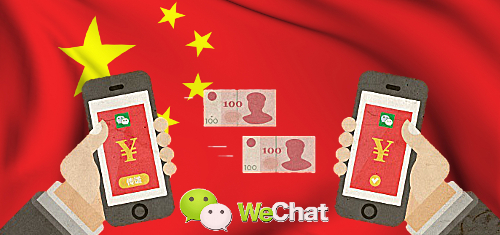 China’s mobile message service WeChat is cracking down on unauthorized ‘red envelope’ gambling rings on its network.
China’s mobile message service WeChat is cracking down on unauthorized ‘red envelope’ gambling rings on its network.
WeChat announced this week that it was forced to take action after many of its 700m active users refused to stop using the service’s ‘Hongbao’ function to organize informal gambling rings.
Hongbao, which made its debut in 2014, allows WeChat users to exchange virtual credits that can be used for online purchases or withdrawn as cash. The name comes from the Chinese practice of exchanging red envelopes containing money on special occasions. During this February’s Lunar New Year’s Eve, WeChat processed over 8b Hongbao envelopes, eight times higher than the previous year.
WeChat also offers a function that allows users to send Hongbao to a group of recipients with options to distribute the money evenly or on a purely random basis, with some members of the group winning big and others receiving a pittance.
Users quickly figured out a way to use the service to conduct gambling pools, with each member anteing up an initial stake of between RMB 50 to 5k (US $7.60 to $760), with the person who receives the lowest sum required to initiate the next lucky envelope.
This week, WeChat said it was launching new actions to crack down on such groups. So far, it has studied 8k groups, three-quarters of which have been cut off from accessing the Hongbao service. WeChat says individuals found to be continuing to engage in such activity in other groups will have their accounts closed.
An editorial in the regime’s official mouthpiece China Daily said Hongbao gambling was “a new form of internet alienation” and was worse than traditional betting because it was “more infectious and has hidden capital flows.”
The editorial put the onus of exposing such groups on social media providers, end users as well as the public security services. The crackdown comes as Chinese authorities are on high alert to detect illegal online betting on the Euro 2016 football tournament.
